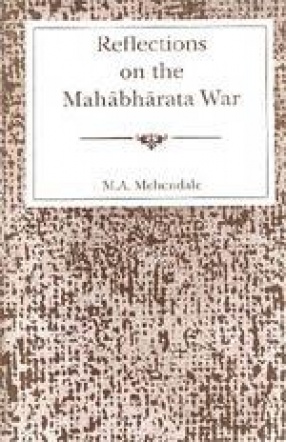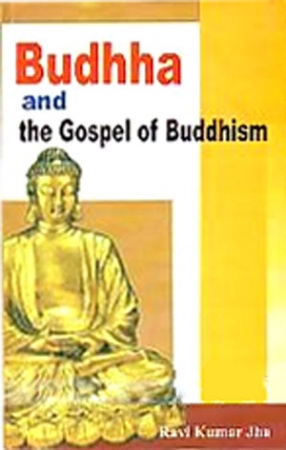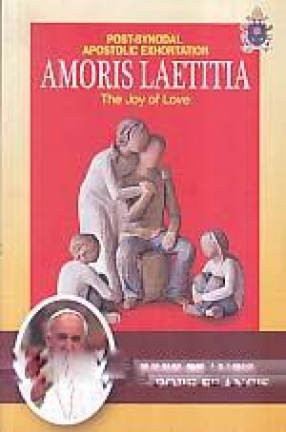The Mahabharata war is specially characterized as a dharmayudda apparently because it was meant to be fought in accordance with certain rules agreed upon by the Kauravas and the Pandavas. An examination of these rules reveals that although some of the rules were observed, others were violated, and the violations were on both sides. Thus, the Mahabharata has really no claims to be called a dharmayudda. In the context of Gita 18.78, the word Yogesvara can only mean ‘ the master of expedient means of war strategems’. An examination of Krsna’s role as a Yogesvara in this sense reveals that he did not suggest any yoga for the fall of Bhisma, Jayadratha and Bhurisravas. He had no doubt contributed yogas for the fall of Drona, Karna, Duryodhana, and possibly Salya. Of these, no element of adharma was involved for the fall of Karna (and Salya), but it was certainly present in the yogas calculated for the fall of Drona and Duryodhana. The Kauravas availed themselves of more than one Yogesvara although none of them was so called. This point is best treated in three contexts: (i) Before the war: In the game of dice-the first means employed by the Kauravas to deprive the Pandavas of their riches-Sakuni acted as the Yogesvara; (ii) In the war proper neither Bhisma, nor Karna, nor Salya acted as the Yogesvara; it was Drona who, during his term of leadership and Salya, when he acted as Karna’s charioteer, suggested certain yogas; (iii) the last ‘Yogesvara’ of the Kauravas was an owl who showed Asvatthaman the way to eliminate his adversaries while they were asleep.
Reflections on the Mahabharata War
In stock
Free & Quick Delivery Worldwide
reviews
Bibliographic information
Title
Reflections on the Mahabharata War
Author
Edition
1st ed.
Publisher
ISBN
8185952248
Length
65p., 21cm.
Subjects





There are no reviews yet.